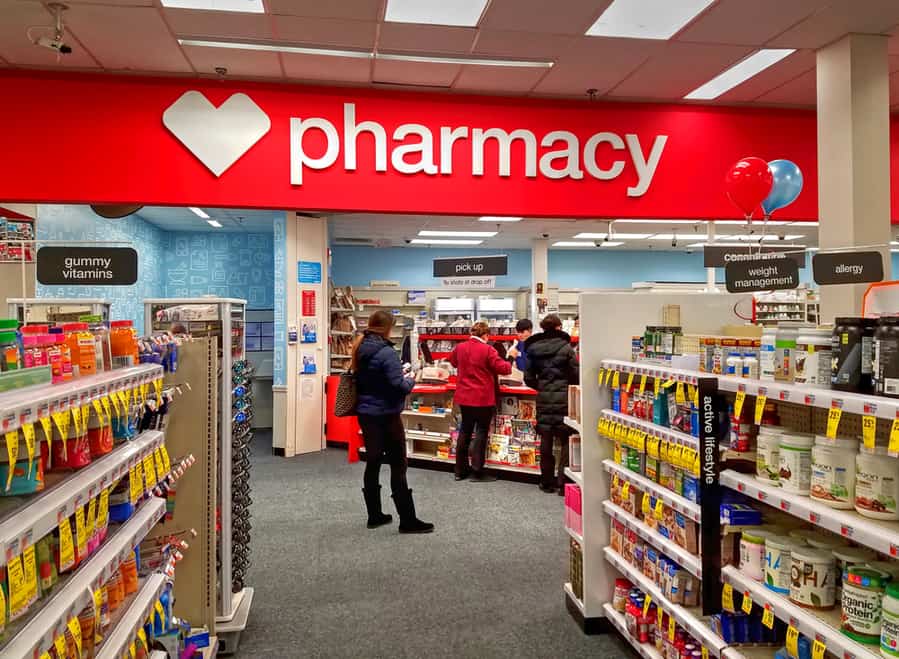
If you get all your meds at CVS Pharmacy® and are curious about how the company saves your data and manages your prescriptions, you might want to know what computer system they use.
The computer system that CVS Pharmacy® uses is ScriptPath which simplifies how patients take their prescriptions.
With the software’s ease, patients can easily track the information about all their meds without the hassle of scrolling through papers.
To make you understand better, we have written a guide on the computer system CVS Pharmacy® uses to help ease your worries.
What Computer System Does CVS Pharmacy® Use?

CVS Health Corp is one of the most trusted retail corporations in America. They provide all sorts of Healthcare services and devices that millions of customers trust.
CVS Pharmacy® is a subsidiary of this corporation that deals with prescription medicines.
They have more than 9,800 stores throughout the US and an online store where you can shop for your medicines and pharmacy needs from the comfort of your home. They keep a detailed record of every patient that is easily accessible and manageable.
If you’ve been a regular customer at CVS Pharmacy®, you might wonder how they manage and track all your progress and keep your records.
According to the Vice President of the renowned pharmacy, CVS uses a computer system called ScriptPath to keep all the patient’s information and records about their medicines in one place.
Especially for those who have to take various prescriptions, this system makes tracking everything a walk in the park. As a result, the patient’s adherence to meds increases.
In 2010, CVS Pharmacy® used a computer system called RxConnect, which operated on a broadband connection.
Although the system was easy to use, there were some technical difficulties that the pharmacists had to face, like a never-ending lag and a complex transfer process. Therefore, they switched it with ScriptPath.
What Software EHR Software Does CVS Pharmacy® Use?

An EHR is an Electronic Health Record Software that all hospitals and healthcare providers use to maintain a patient’s records and reports. CVS Pharmacy® uses Epic EHR software, primarily built for providing remote healthcare assistance to patients.
The patient can easily access all their records and information on their software and schedule appointments without going to the hospital.
These records are also accessible to everyone on the patient’s medical team, so no one misses any details.
Epic EHR is a cloud-based software that is entirely secure so that no unauthorized person can view your private information.
Takeaway
In this guide, we have discussed what computer system CVS Pharmacy® uses. Additionally, we talked about the EHR system used by the second-largest pharmacy in the USA.
We hope this article has answered your query, and you can rest easy knowing all your medical information is safe.
Frequently Asked Questions
How Does CVS Collect Data?
Those who visit the CVS Caremark website and are interested in obtaining services or communications, such as prescription services, email alerts, newsletters, and other notifications, are asked to provide personally identifiable information.
What App Do CVS Employees Use?
CVS employees use the ESS or Employee Self-Service app, which helps them keep track of their schedules and communicate with their colleagues. However, using this app is completely optional as they can still view and request to change their schedule at the company store they work.
What Is CVS Microsoft?
CVS has recently partnered with Microsoft to improve the capability of its omnichannel pharmacy using its tools. They plan to provide personalized care recommendations for people.
How Does CVS Use Technology?
CVS is using a dynamic approach to connect its 9,800 plus pharmacies digitally. They are employing artificial intelligence, robotics, automation, and machine learning to distribute the workload instead of managing it at each store individually.
Does CVS Accept Android Pay?
Yes, you can use almost all digital wallets to pay at CVS, including Google Pay, PayPal, Samsung Pay, Venmo, etc.








